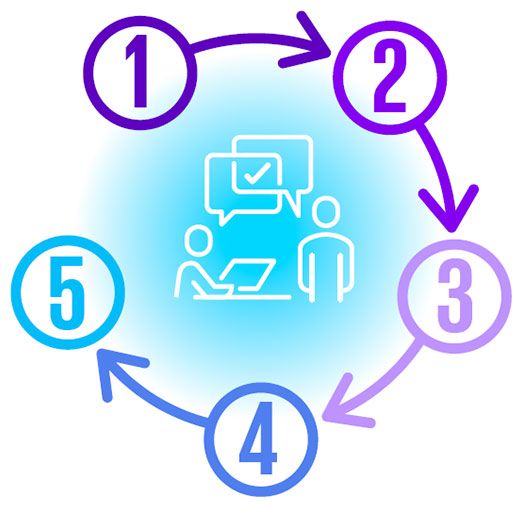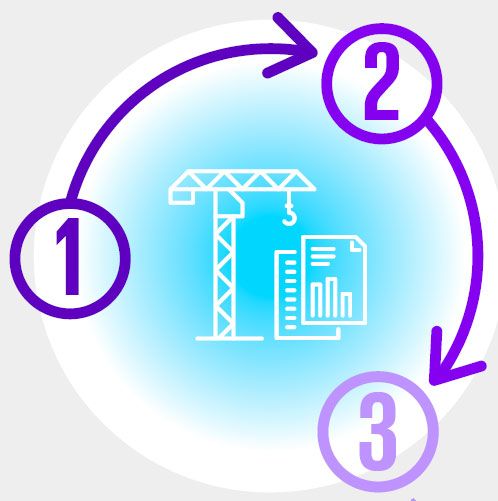Introduction
Public procurement can be challenging and complex, as it needs to balance the needs of contracting authorities and the process requirements stemming from the EU regulations and their transposition in Irish law. Procurement is often the most critical aspect of a new infrastructure project to ensure appropriate project delivery on time and within budget. As the public’s needs continue to change and grow, there is a greater need to focus on the lessons learned.
Design, competitive dialogue (or negotiation) and evaluation & award remain the critical stages of complex procurement. Our Infrastructure & Government team discusses the important lessons learned from navigating complex public procurement at each of these stages.







